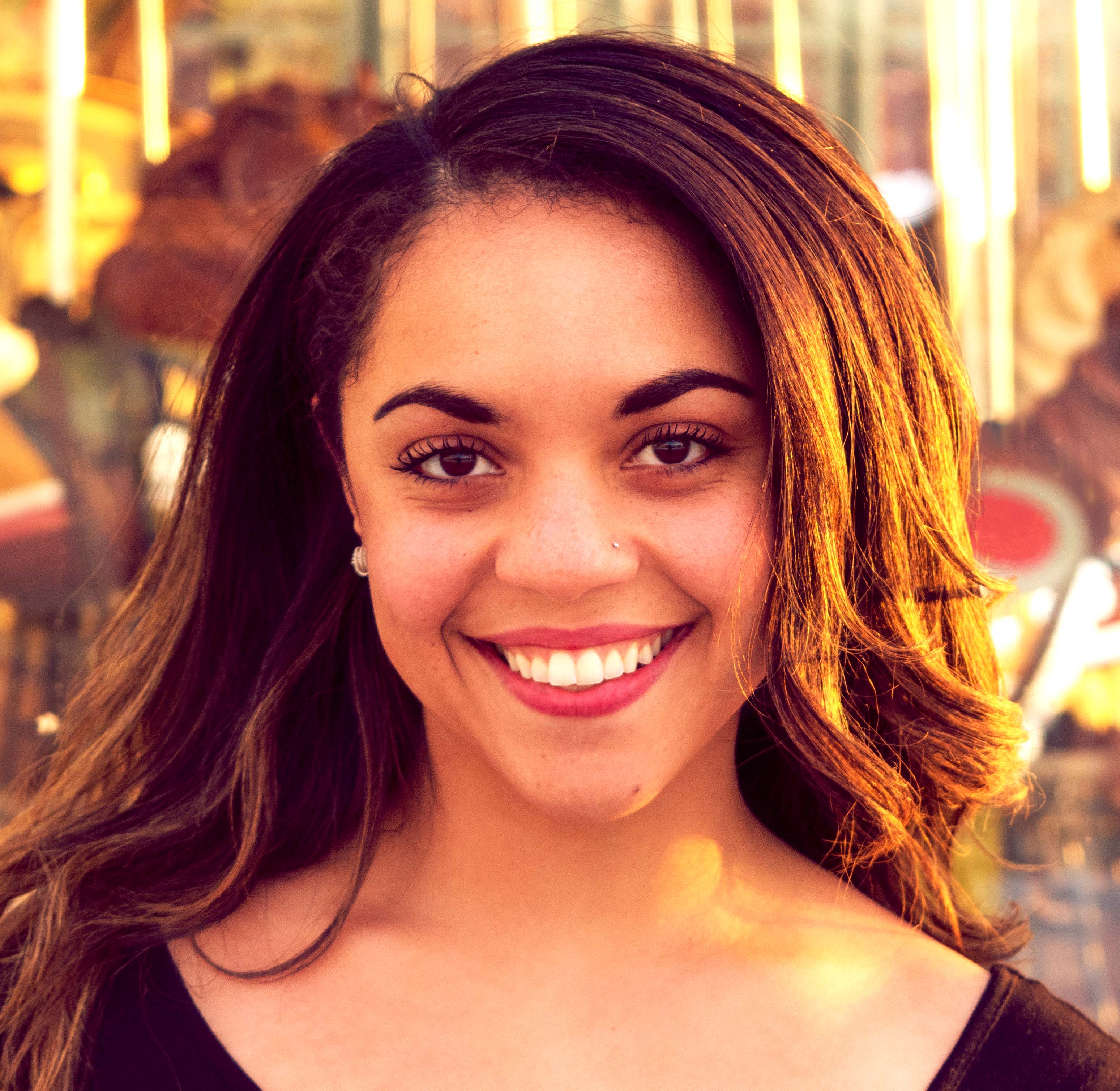
Americans across the country are finding that the process of voting can be challenging. (Photo: Darren Hauck/Getty Images)
Last week, thousands of independent California voters discovered that they are registered with one of the state’s most conservative political parties.
A Los Angeles Times investigation found that as many as 73 percent of voters who registered with California’s American Independent Party (AIP) may have done so in error. A majority of respondents to the newspaper’s poll said they did not mean to register with any party at all.
I was one of the people who found out that I mistakenly had registered with the AIP – an ultra-conservative party formed as a third party option in the 1968 presidential election, with the notorious racist George Wallace at the helm. Today the party’s platform includes fencing the Mexican border, vigorous opposition to abortion, and the belief that marriage is only meant for a man and a woman. These are not my people.
A few factors got me to the AIP: a zeal to separate myself from the Democratic Party, which I felt forced to align with back in New York, a lack of knowledge about California’s American Independent Party, and a basic misunderstanding of language. That said, there should be no circumstance in which I find myself disenfranchised — whether I am registered with an ultra-conservative party or not affiliated at all. Yet that is precisely what would have happened in June had I not seen the Los Angeles Times report, which made it clear that I am not alone.
California isn’t the only state with registration confusion around the presidential primaries. Once it was revealed that Donald Trump’s own children missed the New York deadline to register for the closed primaries, the issue of disenfranchisement via party affiliation came front and center. When New York voters went to the polls last Tuesday, an estimated 27 percent of those registered (about 3 million people) were unable to cast a ballot because they were not registered as Democrats or Republicans.
Voting rules are notoriously confusing and hard to understand, almost always at the expense of voters. Whether it’s wildly differing requirements for photo ID (depending on your state or polling place) or confusing poll location information, not much of the process is set up to be user-friendly. But perhaps no single aspect of the daunting mess intentionally harms voters like the closed primary system.
Even though Californians voted for one of the most open primary systems in the country, those rules are not in force for the June presidential races. Had I not realized my mistake in time, I would have been prevented from voting for any of the major presidential candidates, because neither the Democratic nor the Republican party allows members of the American Independent Party to cast ballots in their primaries.
Maybe I should have known better when I clicked “American Independent Party” on the voter registration form. After all, I am an independent because I wish to separate myself from party affiliation. However, the fact remains that within the last year I had to declare myself a member of a party I don’t agree with when I thought I would vote in New York, and now I have accidentally registered in California with a party I disagree with even more — all because I want to be a politically independent.
Ideologically, I’m hard to pigeonhole: I grew up in Texas with loving, supportive, and conservative friends and family. I lived in the Northeast long enough to take on a more progressive ideology, but my conservative grounding stayed with me when it comes to economic issues. Now I live in California, where a libertarian spirit is evident from Apple’s fights with the FBI to the state’s Wild West-marijuana laws. Those factors of the American experience craft my politics and make it nearly impossible for me to align even half-heartedly with a political party.
I believe our government bureaucracy is out of control and in need of massive downsizing, and I believe the government is wildly irresponsible with taxpayer dollars. I believe our tax code is intentionally complicated to benefit the corporate class supported by both the Democratic and Republican establishments. I do not believe the government should use policy to tell people what to do with or put into their bodies, so I am against both anti-abortion politics and the war on drugs. These are a few examples of where I stand on important issues, and neither party really represents my point of view.
When I found out about my registration status, my immediate reaction was embarrassment. I worked with voting law experts for a year and a half at the Brennan Center for Justice, and I spent four years getting an education at Yale. To have that knowledge and still fall victim to a mistake that could have cost me my right to vote is disturbing. The process of registering, and participating in our democratic system, should not be this complicated for unaffiliated voters.
More Americans than ever identify as politically independent, and in Bernie Sanders we have an extremely successful presidential candidate who has spent an entire political career outside a major party. In spite of those markers of change, there remains a bias against independent voters within the electoral system.
The Declaration of Independence asserts separation from overbearing establishments in favor of a society supportive of the individual; independent voters are a reflection of that legacy. Considering the way we are treated in this political system, it seems we have gone in a direction antithetical to our founding principles.
Independent voters across the country are in precarious territory, with many experiencing complete disenfranchisement in primary elections. It is time to stop discriminating against independents, and start inviting them fully into the political process with open primaries. Party affiliation, or lack thereof, should not get in the way of our constitutional right to vote.




